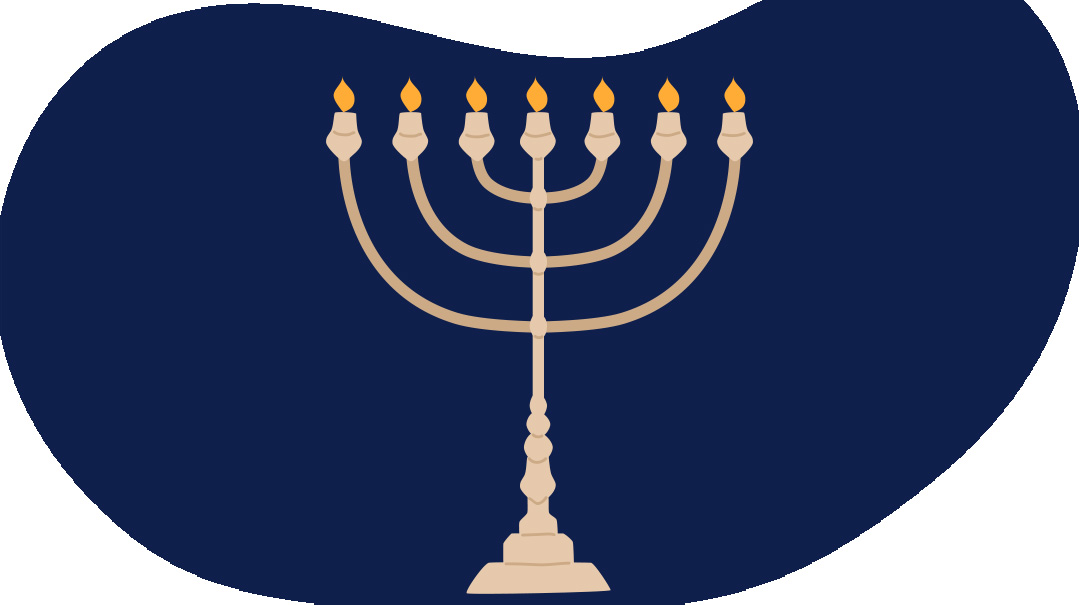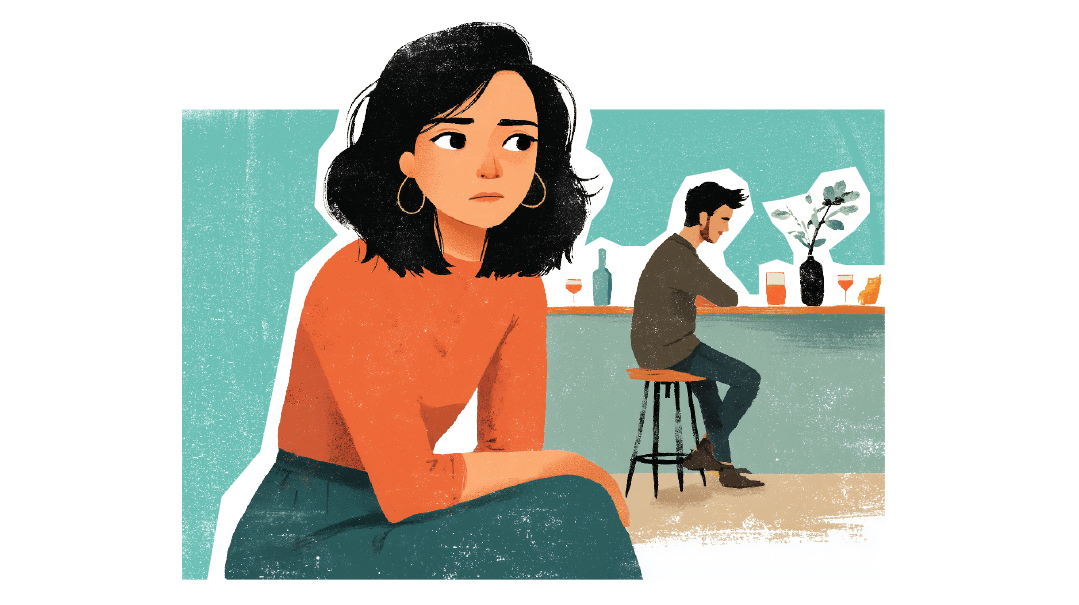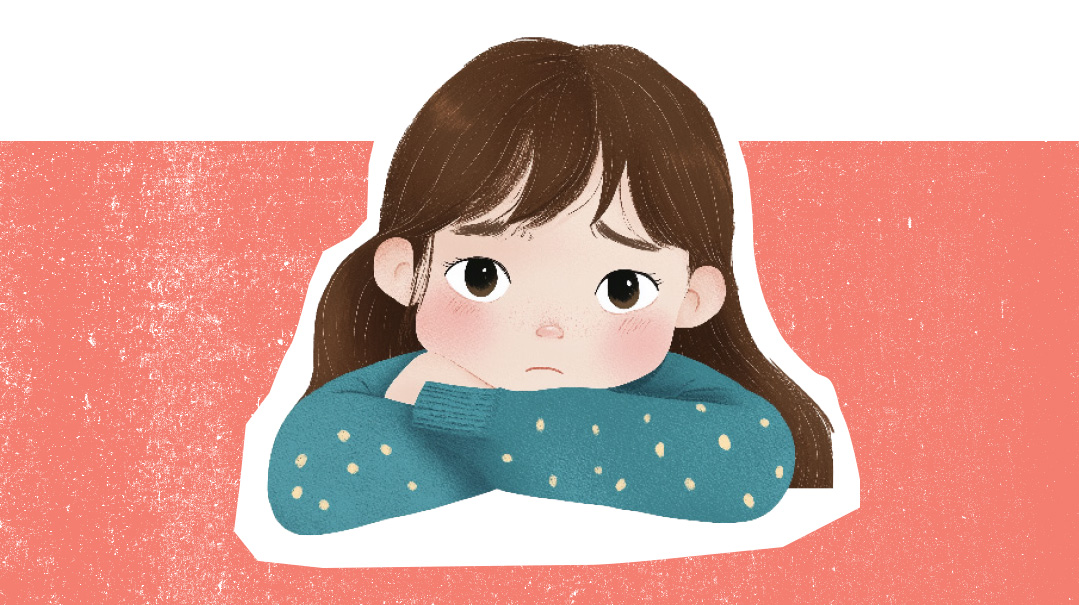Brighter Perspective
| December 6, 2022What is the connection between shalom bayis and candle lighting?

Brighter Perspective
Dina Schnoonmaker
The Gemara tells us that we light Shabbos candles for the purpose of shalom bayis. What is the connection between shalom bayis and candle lighting? In the times of the Gemara, when there were no electric lights, it’s easy to understand that in the absence of any lit candles, people would trip and stumble over furniture in the darkness, easily causing an atmosphere not conducive to harmony and shalom. How then do we understand this Gemara in today’s modern world, when we don’t rely on candles to bring light into our homes? The contemporary equivalent would be the reality that sometimes we clash and collide, not into furniture, but with the people we love, who live in our home. And similar to the candle that lights up the darkness, we want to be able to brighten our perspective on our relationships. Rather than tripping or stumbling over the annoying habits of our loved ones, we want to appreciate and love them while deftly maneuvering around their idiosyncrasies. What thought can help us light that metaphorical candle, and see the others around us with that brighter perspective? The pasuk tells us (Tehillim 68:7) “Elokim moshiv yechidim baysah — Hashem takes individuals and He puts them in the same house.” We need to remember that Hashem deliberately orchestrated that we live together with our loved ones, for our good. When we find ourselves stumbling and tripping over people’s limitations, their annoying habits, we have to ask ourselves, why did Hashem put this person in my home? And how is this going to make me a bigger, better person?
Imago Relationship Theory posits that if one’s family of origin didn’t cultivate certain aspects of their personality, they may have a lot of potential buried in a deep freeze within. Then when we get married and build a family, the difficulties or idiosyncrasies or annoying habits we’re forced to confront up-close are the conduit to bring out this frozen potential and help us become bigger, better people. This attitude can shed light on the quirks of those around us, and help us view stumbling blocks as stepping stones. There may be some sensitive issues that need to be worked on, but Hashem has a plan for setting us up in a home with those we love. When we light the candle, we bring shalom into our homes.
Dina Schoonmaker has been teaching in Michlalah Jerusalem College for over 30 years. She gives women’s vaadim and lectures internationally on topics of personal development.
The Whole Truth
Shoshana Schwartz
Honesty — the “best policy,” is not solely a Jewish value, but we attach a great deal of significance to it. What is honesty? Is it the absence of lies?
Honesty is telling the truth — the actual facts — with as little distortion as possible. When the truth doesn’t show us in the best light, being honest requires integrity.
Still, honesty leaves wiggle room. You can tell the truth and nothing but the truth, and still keep the whole truth to yourself.
You can be honest even with strangers. However, to have a deep and satisfying relationship with someone, honesty isn’t enough. You also need openness. Openness isn’t merely sticking to facts; it’s offering the whole truth, unabridged and unabbreviated.
You’re running late to your friend’s wedding. Approaching the car, you notice a flat tire, and it takes time till it’s changed. Why are you late? An honest answer is, “I had a flat.” An open answer is, “I planned my time poorly, then had a flat.”
Openness creates vulnerability. Do you always need to be open? Nope. Openness depends on the level of emotional intimacy you have, or want to have, with another person.
You might choose not to be open with someone who’s critical, judgmental, argumentative, controlling, bitter, who has poor boundaries, or makes you feel unsafe. You might choose not to be open whenever you fear you might get hurt or hurt others.
Being honest but not open is a legitimate way of keeping distance between you and others. But if you’re not open even when you’d like a deeper connection, there’s a good chance that fear of getting hurt is lurking under the surface.
For each relationship ask yourself: Would I rather have a deep connection and occasionally get hurt (because no real relationship is perfect) or have a superficial connection in which I’m always on guard?
Shoshana Schwartz specializes in addiction and codependency. She gives in person and online addiction prevention lectures and workshops to education and mental health professionals, community leaders, and parent groups, as well as 12-Step workshops for nonaddicts.
When RSV Peaks
Dr. Jennie Berkovich
Respiratory syncytial virus is a commonly circulating virus, tending to peak in the winter months. RSV causes mild cold-like symptoms including congestion, sneezing, and cough. Most people with RSV won’t even know they have it. However, there are several groups for whom RSV can be dangerous.
Babies, especially those under six months, are commonly prone to more serious respiratory infections.
Premature babies or babies with lung or heart problems.
Children and adults with a weakened immune system or poor muscle strength.
In these higher-risk individuals, RSV may cause wheezing, difficulty breathing, pneumonia, and low oxygen levels.
Dr. Jennie Berkovich is a board-certified pediatrician in Chicago and serves as the Director of Education for the Jewish Orthodox Medical Association (JOWMA)
(Originally featured in Family First, Issue 821)
Oops! We could not locate your form.







